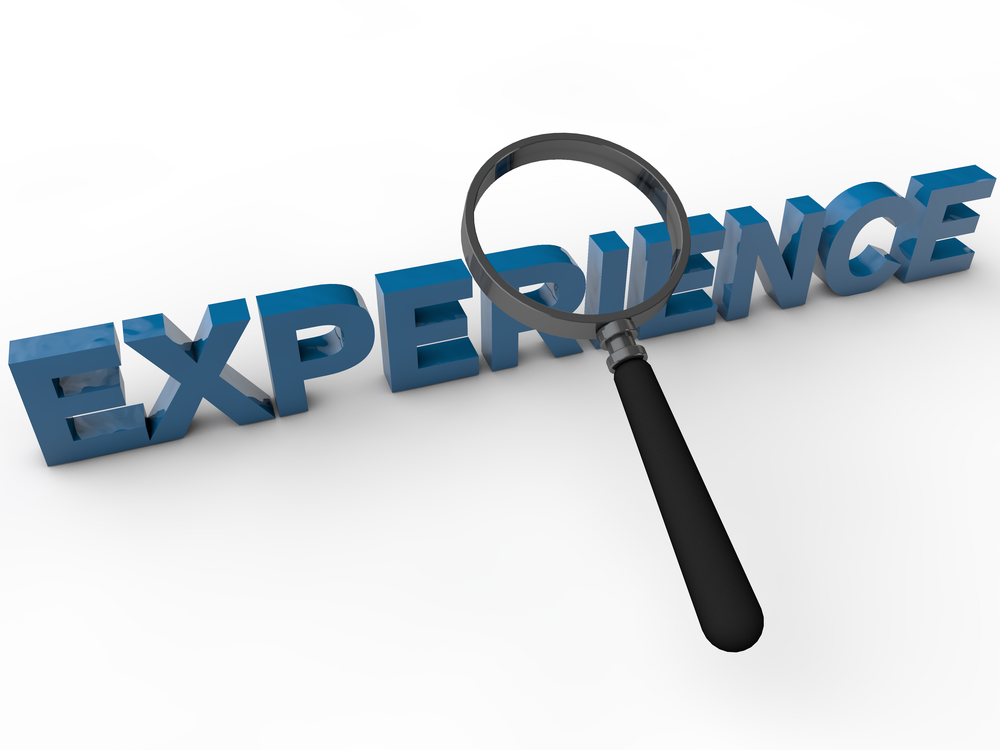Experiential marketing has become a huge buzzword in the world of advertising and brand awareness. Unfortunately, despite its popularity, many companies still have no idea how to differentiate a successful experience-based marketing campaign from a tacky PR nightmare.
If you’re considering using experiential marketing as part of your brand strategy, then you’re going to need to take the time to properly understand its power, and inherent limitations.
The idea revolves around delivering an “experience through marketing”, and it’s not enough to simply ensure that your campaign captures attention – you also need to engage the right audience, and illicit the right response.
With that in mind, here are a few ways you can avoid messing up your next experiential marketing campaign.
1. Make Sure the Experience Integrates with your Overall Strategy
First of all, experiential marketing campaigns can be very expensive and time-consuming, but it is possible to reduce some costs if you combine them with your other marketing investments.
Not only will this ensure that you get the most out of your strategy for the least amount of budget, but it will also contribute to a consistent branding solution that helps to transform your company from an anonymous brand, to a household name.
For instance, encourage participants in your program to sign-up to a subscription list, or become a social media fan.
Find ways that you can link the experience that you create with other parts of your marketing strategy, so that a limited one-time event, can become a long-term marker for success.
2. Determine Your Metrics for Success in Advance
By definition, creating a planned experience for your customers limits the number of participants you can engage to a target audience. The aim in most experiential marketing solutions is to develop personal interactions – not simply ensure general impressions.
In other words, your metrics shouldn’t necessarily focus on ROI, but instead establish whether you’re building brand awareness.
You can decide in advance which metrics and analytics you want to use to measure your immersive success.
This will include looking at both objective, and subjective factors, such as the quality and number of impressions, how many participants chose to continue engaging with your brand after the event, and the conversation started on social media channels.
3. Never be Predictable
Finally, experiential marketing is perhaps the ideal opportunity for brands to explore their creative side. While some event ideas and stunts will be a success, others might not be quite so impressive, which is why many companies refer to plan multiple events with different interactive components to determine what works best with their brand.
Don’t be afraid to think outside of the box while you’re experimenting, as most of the time, the craziest ideas are the ones that deliver the best results.
Hotcow is a non-traditional creative agency that specialises in experiential marketing that goes viral. Our campaigns generate buzz through crowd participation, PR and content sharing. Contact us on 0207 5030442, or email us on info@hotcow.co.uk.

